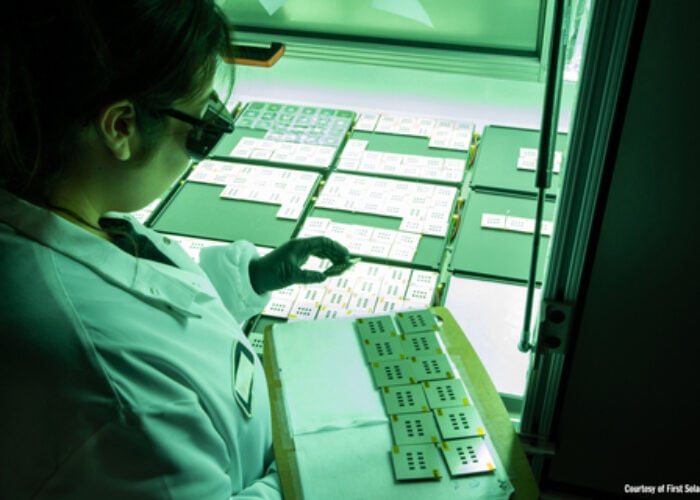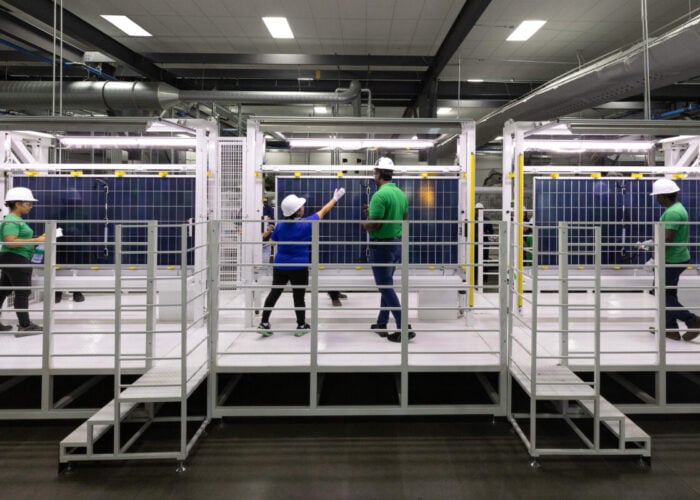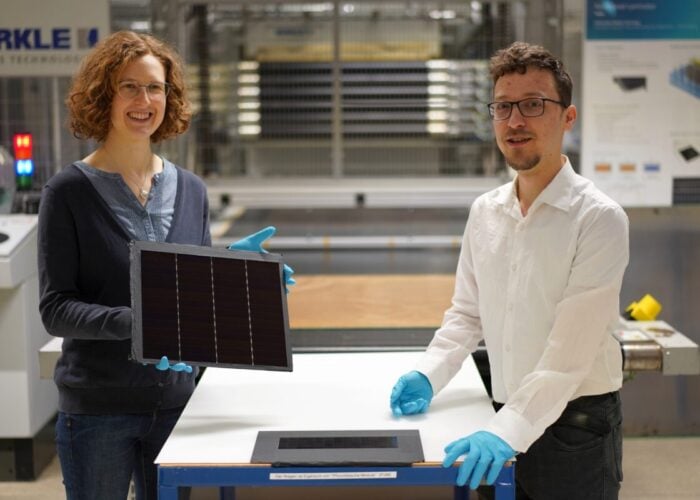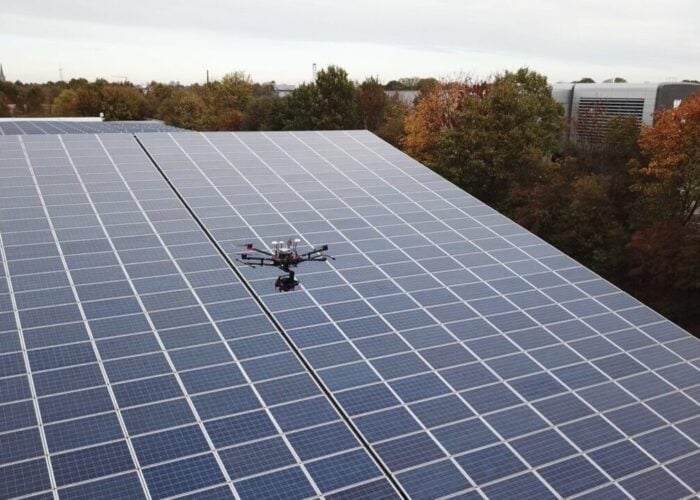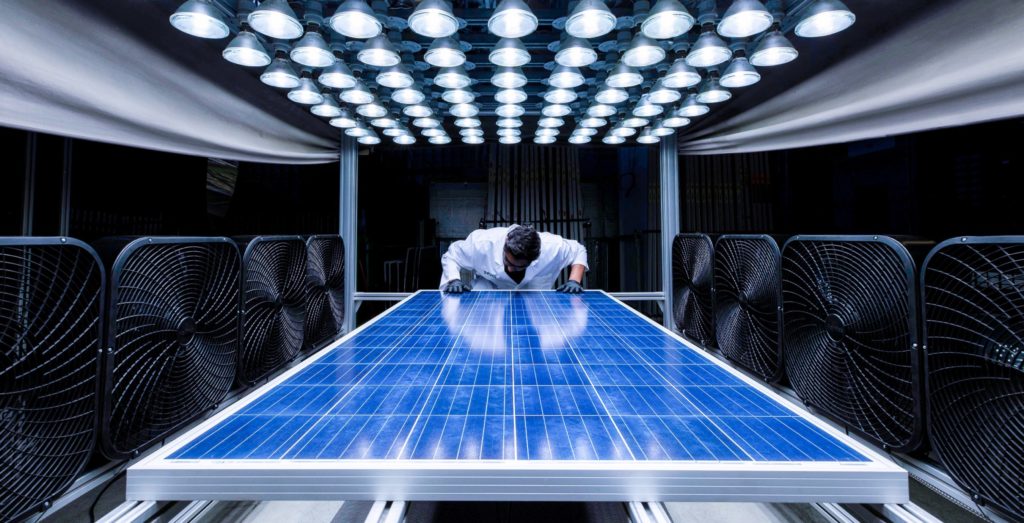
A total of 122 module types from 25 manufacturers have been named as “Top Performers” by PV Evolution Labs (PVEL) in its 2022 Module Reliability Scorecard, with some ‘best ever results’ in certain categories and more powerful modules being offset by poor performance in others areas.
The scorecard, published today and now in its eighth year, presents findings from PVEL’s PV Module Product Qualification Program (PQP), scoring solar modules following the results of various testing procedures, including thermal cycling, damp heat, backsheet durability, LID/LeTID sensitivity and more. In total, there are nine different categories assessed.
Try Premium for just $1
- Full premium access for the first month at only $1
- Converts to an annual rate after 30 days unless cancelled
- Cancel anytime during the trial period
Premium Benefits
- Expert industry analysis and interviews
- Digital access to PV Tech Power journal
- Exclusive event discounts
Or get the full Premium subscription right away
Or continue reading this article for free
This year’s Top Performers had more powerful modules than ever before, PVEL said, with wattages as high as 650W and an average power class greater than 450W. Winning modules were based on 11 cell sizes from 156mm to 182mm and 210mm, which PVEL said proved that “manufacturers can design reliable large-format PV modules”.
Meanwhile, a record 12 manufacturers had one or more module types be Top Performers in every reliability test, with six of these model types also Top Performers in energy yield (PAN) performance.
“Manufacturers overcame significant challenges in the last year, and compared to previous Scorecards, the 2022 results show that module technology is improving overall,” noted Tristan Erion-Lorico, VP of Sales and Marketing at PVEL.
Other key takeaways from this year’s rankings show that while PVEL’s thermal cycling (TC) results are “the best in PVEL’s history” – 90% of bills of materials (BOMs) tested degraded by less than 2%, with a median of 0.72% and average of 0.97% – it also observed “significant number of failures” when it came to mechanical test sequences.
In what PVEL called a “year of successes”, it observed failures in testing, with just under half of all participating manufacturers suffering at least one failure, which is a significant jump on last year’s figure of 26%, up from 20% the year before.
Indeed, some categories fared better than others. Damp heat (DH) tests that evaluate the impact of heat and humidity on PV module reliability saw a “wide range of performance” – 50% of BOMs achieved top-performing results after the full test sequence, but one BOM degraded by 54%, the worst DH result in PVEL history, the testing company said.
The scorecard is designed to provide empirical data for revenue and yield modelling, and examination of new technologies and manufacturing techniques, benchmarking processes and insight into the upstream solar sector.
Participation in PVEL’s PQP and scorecard is voluntary for manufacturers and only top-performing module model types are named in the scorecard. PVEL said that, to date, it has tested over 500 BOMs from more than 50 manufacturers for the PV Module PQP.
The complete scorecard has been made available in both an online digital format and via downloadable PDF at www.modulescorecard.pvel.com.

